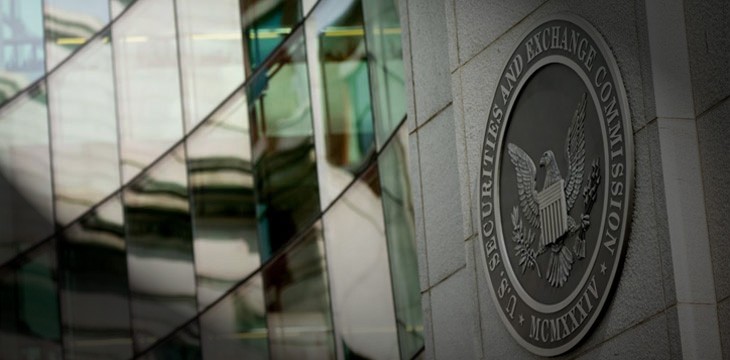|
Getting your Trinity Audio player ready...
|
The U.S. Securities and Exchange Commission (SEC) doesn’t have a lot of respect for Telegram and its attempts at introducing the GRAM cryptocurrency. The company’s CEO, Pavel Durov, completed a grueling 18-hour deposition earlier this month that saw him answer an endless flood of questions about Telegram’s activities and the money collected prior to a planned initial coin offering (ICO), which the SEC asserts was an unlawful sale of securities. Despite the flood of information that has been provided, the case is no closer to finding resolution.
According to transcripts of the deposition (in pdf) made available by CoinDesk, the SEC accuses Telegram of using its pre-ICO token sale as a piggy bank in order to fill its cash reserves. Durov denies the allegation, asserting that he has been able to fund development of the messaging platform through the sale of a previous business, Russia-centered social media application Vkontakte. He adds, “Typically, I wouldn’t separate my personal savings from the needs of Telegram Messenger. If I see that Telegram needs more resources, I would happily invest more because I’m a person that prefers not to own any real estate.”
The GRAM sale collected around $1.7 billion when it was held in 2018; as a result, it decided to cancel its ICO. By offering GRAMs to investors, the company was seeking funding for the construction of the Telegram Open Network (TON) blockchain, and the funds helped to secure the endeavor.
Durov acknowledges that some of the funds had been used for the Telegram messaging platform, which he doesn’t believe was irregular. He says, regarding the success of the offering, “And only after that, realizing that we now have access to certain funds and at the same time we are limited in our ability to pursue alternative potential revenue streams, due to the fact that we are busy building TON Blockchain, we decided that we could use some of the funds for some of the purposes that I described.”
The SEC argues that Telegram’s activities run afoul of financial regulations, and that the GRAM offering amounts to the sale of unregistered securities. The SEC has also asserted that the company was remiss in its reporting of the token sale, which violates financial regulations. It states that, although the company filed for an exemption to Regulation D in February and March 2018, funds continued to arrive after the filing dates. This, explains Durov, was because of delays in the money transfers, although the sales agreements had already been signed in accordance with the information provided in the exemption requests.
The SEC has ordered the company to halt work on TON, and a new hearing in the legal battle is scheduled for next month.

 02-17-2026
02-17-2026 




